Because women tend to live longer than men, it’s imperative that they take an active role in plotting out what’s happening with the money that will see them through the latter part of their lives.
How to go about that? Any good retirement plan breaks down into five areas: income, investments, taxes, health care and legacy.
Income: Where It Comes from and How to Maximize It
Retirement income typically comes from savings, possibly a pension, and Social Security. Unfortunately, many people are unclear about when to claim social security because it’s confusing and the decision should come down to your personal situation.
You can begin drawing your benefit as early as age 62, but you do so at a reduced dollar amount, and that reduction is for life. Also, be warned: If you start taking your benefits early but plan to still work, there’s a limit on how much you can make before your benefits are reduced. The Social Security Administration temporarily withholds $1 in benefits for every $2 earned over that limit. But if you postpone claiming your benefit until your full retirement age — 66 to 67 for most people — you can make as much money as you like.
Also, important to know: You can draw a larger monthly check if you put off claiming Social Security beyond your full retirement age, up until you are 70.
As you near retirement, you should have in mind what your desired monthly income will be. The trick then is to come up with an investment plan for your savings so you can fill the gap between that desired amount and whatever Social Security and a pension provide.
Investments: Focus on Risk First
When it comes to investing, the first thing to do is determine your risk tolerance. In general, women are more risk averse than men, but perhaps you will find you are an exception.
Plan to put a percentage of your money in relatively safe accounts, such as CDs; another percentage in moderately conservative vehicles, such as fixed-index annuities; and yet another percentage in riskier investments, such as stocks. Your risk tolerance helps determine how much goes where.
Taxes: Plan Ahead to Unwind a Potential Problem
Women and men alike often are encouraged to save for retirement through a traditional 401(k) or IRA, but there’s a problem with that. Those are tax-deferred accounts. That means you don’t pay taxes now on the income you put into those accounts, but taxes come due when you make withdrawals in retirement. And once you reach age 72, required minimum distributions (RMD’s) kick in, which means you must withdraw a certain amount each year, whether you want or need to do so.
Fortunately, there’s another option. You can convert those traditional tax-deferred accounts to Roth accounts. With a Roth, you pay taxes when you make the conversion, but your money then grows tax free and you pay no taxes when you make withdrawals after retirement. Because Roth Conversations are taxable events, we encourage you to consult with your CPA to determine if it is appropriate for your personal situation.
Health care: Read up on Medicare
At 65, you become eligible for medicare, but unfortunately, Medicare can be difficult to understand, and it’s easy to make a costly mistake. Also, because Original Medicare doesn’t cover everything, most people will choose a Medicare Supplement insurance plan or a Medicare Advantage plan to fill in additional coverage they want or need, such as routine vision and dental coverage. That can lead to even more confusion because those plans have different costs and benefits, so it’s critical to understand just what you are getting and how much it costs.
Also, make sure your primary physician, specialists and hospital are in the network for the plan you choose. Going outside the network creates additional costs.
Legacy: It’s important, but so are you
Many women spend their lives putting other people’s needs ahead of their own. In retirement, they are hesitant to splurge on themselves because they want to leave something for their children. We encourage women to make sure their needs and desires are met first before they worry about how much they will leave behind.
With that said, legacy is important and takes planning. For example, you want to make sure you update your beneficiaries on life insurance policies, your 401(k) plan or any other accounts.
It’s also important to have a conversation with your children about what accounts you have and where they can find any necessary information when you are gone. You want to make it easy on your family so they can grieve in peace and not be stressed out trying to track down everything.
We believe that it’s vital for women to educate themselves on these items as much as possible. However, we are always here to help guide you through all of life’s transitions.











